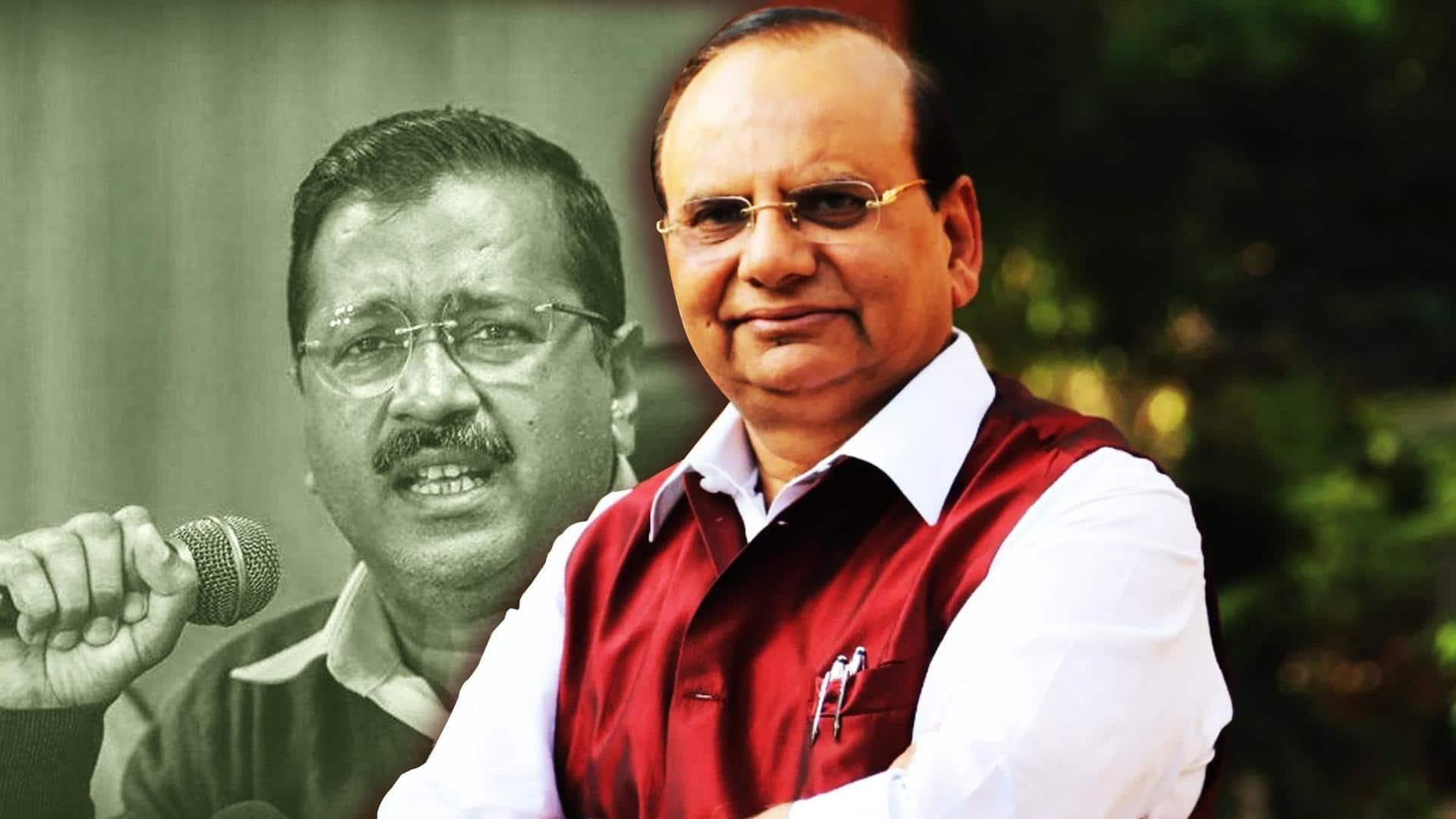
Delhi L-G removes two AAP nominees from power discom boards
What's the story
Delhi Lieutenant Governor (L-G) VK Saxena on Saturday removed two Aam Aadmi Party (AAP) government nominees from the boards of private power distribution companies (discoms), NDTV reported. The two members who have been dismissed include AAP spokesperson Jasmine Shah and Naveen ND Gupta, the son of AAP MP ND Gupta. Reportedly, they have been removed over their illegal appointment and alleged misconduct as nominees.
Context
Why does this story matter?
The development comes amid a rift between the Delhi government and Saxena, with the former accusing the L-G of impeding its functioning at the behest of the Bharatiya Janata Party (BJP)-led central government. Saxena, on the other hand, has blamed the government for not fulfilling its responsibilities. Recently, Saxena came under AAP's criticism amid the Delhi mayoral election delay—called off thrice in a month.
Details
Removed members benefited private companies, allege officials
Officials reportedly claimed that the removed AAP nominees colluded with private representatives on boards of discoms owned by Anil Ambani and Tata, benefiting them to the tune of Rs. 8,000 crore, as per The Tribune. The L-G's order said the AAP nominees would be replaced by the Finance Secretary, Power Secretary, and managing director (MD) of Delhi Transco as government representatives on these discoms.
Facts
L-G removed AAP-backed nominees following president's decision
L-G Saxena ordered the immediate removal of the two AAP-backed nominees from boards of privately owned discoms—BYPL, BRPL (Anil Ambani), and NDPDCL (Tata)—following President Droupadi Murmu's decision on the matter, according to NDTV. He had sought their removal based on a report by the chief secretary (CS), accusing them of benefiting the private discoms at the expense of the state exchequer.
Allegations
Government nominees benefit private companies by decreasing LPSC rates: L-G
The L-G's order claimed the appointment of AAP members on the discom boards was a quid pro quo arrangement, which involved commissions and bribes rather than the public interest. It alleged the nominated members pushed BRPL and BYPL boards to lower late payment surcharge (LPSC) rates by 6% from 18% to 12%, benefiting them Rs. 8,468cr—which would have otherwise gone to the Delhi government.
Reaction
AAP terms L-G's order unconstitutional and illegal
Meanwhile, the AAP has termed the Delhi L-G's decision as "unconstitutional and illegal," according to The Tribune. The party claimed that only the elected government has the authority to issue such orders on electricity. They said Saxena was making a mockery of the Constitution. Notably, the Delhi government owns 49% of the stake in private discoms and nominates senior government officials to their boards.
Back story
Here's what led to latest issue
Following allegations against the nominated members in the CS report and the AAP administration's persistence to keep them on discom boards, Saxena invoked "difference of opinion" under Article 239AA of the Constitution. He reportedly referred the issue to Murmu and sought the immediate expulsion of the AAP nominees, pending the president's decision. He also called for top government officials to replace the AAP nominees.
Controversy
AAP-Delhi L-G faceoff over MCD polls
The Municipal Corporation of Delhi (MCD) House was called off thrice within a month, as the sessions witnessed disruptions owing to clashes, allegations, and counter-allegations by AAP and BJP councilors over the Delhi mayoral election. AAP members earlier also objected to Saxena's decision to nominate a BJP councilor as the presiding officer. They alleged the decision would influence the polls in the BJP's favor.